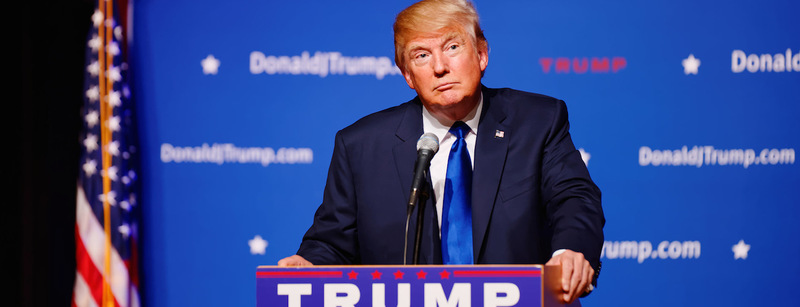Sign up for The Media Today, CJR’s daily newsletter.
Since Donald Trump’s stunning upset election victory, many fingers have been pointed, garments have been rended, navels gazed deeply into, and much blame passed around.
Two of the words bandied about are “elite” and “mandate.” What do they mean?
As always, context is key.
The NCAA has its “Elite Eight.” The Hotshots are considered an “elite” firefighting team. Trump hotels are part of the “Elite Partners” network. All those “elites” seem to be good things.
The dictionary definition of “elite” gets at only part of the problem: The “elite” is “the group or part of a group selected or regarded as the finest, best, most distinguished, most powerful, etc.,” Webster’s New World College dictionary says. Merriam-Webster, which says “elite” is in the top 10 percent of “popular” words, defines it as “the people who have the most wealth and status in a society: the most successful or powerful group of people.” By those definitions, the Republican Party might be considered “elite,” having captured the presidency and both houses of Congress.
But most Republicans would probably be loath to call themselves “elite.” As The Associated Press wrote, Trump and his supporters often painted Hillary Clinton “as part of a global conspiracy made up of the political, financial and media elite, bankers bent on oppressing the country’s working people.” In other words, these “elite” are bad people.
“Elite” is not definable in a clean way, in this season at least. As Campbell Robertson wrote in The New York Times, “Elite does not simply mean having a lot of money. Mr. Trump, who inherited millions, is not considered an elite sellout by his supporters.” Later, he wrote, “Elite does not necessarily mean educated, either,” and “Elite is certainly not, as many on the left would argue, a function of historical advantage.” The conundrum, Robertson wrote, is that “The elites are still the ones who decide who gets to be elite.”
Related: Eight steps reporters should take before Trump assumes office
But the term “elite” is most often used by those who consider themselves to be not elite. It’s a label applied for different reasons by different people. And, like many labels, especially in politics, it is more “dog whistle” than clear call.
“Elite” now carries a negative connotation, and may soon be what Bryan A. Garner calls a “skunked” term, tainted for all times, the way “liberal” and “evangelical” are almost spat out by people using the labels as epithets.
Similarly, a “mandate” is open to interpretation. The government “mandates” that you pay taxes, and it’s clear that it is an order or requirement of some kind. The House Speaker, Paul Ryan, said that Trump had a “mandate.”
At its heart, a “mandate” simply means that a politician was granted the authority to represent a constituency. But it is often interpreted as a resounding vote of confidence from the electorate to a candidate to put into place campaign promises. But though Trump won the electoral college, he did not win the popular vote, so how does that constitute a “mandate” in the traditional sense?
As The Economist wrote in 2012 after Barack Obama’s re-election:
Mandates aren’t quite “myths”, as political scientist Robert Dahl argued in a 1990 article, but neither are they readily identifiable entities about which we can make confident assertions. Arguing whether Mr Obama has a mandate is like debating whether somebody has mojo, or whether basketball star LeBron James is “in the zone” on a given night: there’s a discussion to be had, but no way to come to a definite conclusion.
“Mandate,” like “elite,” is in the eye of the beholder, a label to be applied for advantage, not accuracy.
Merriam-Webster offers a handy reminder of how slippery claiming a “mandate” is:
Elections are often interpreted as mandates from the public for certain kinds of action. But since a politician is not just a symbol of certain policies but also an individual who might happen to have an awfully nice smile, it can be risky to interpret most elections as mandating anything at all.
Has America ever needed a media defender more than now? Help us by joining CJR today.



